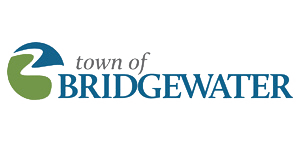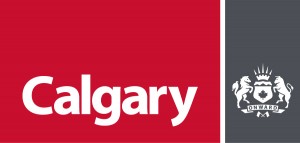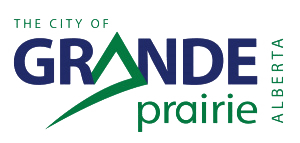Who We Are
About the Project
The Smart Energy Communities Benchmark was developed to provide Canadian communities with a clear picture of what a Smart Energy Community looks like, as well as a powerful benchmark that communities can use to track their progress on their energy-smart journey.
A Smart Energy Community considers mobility networks, buildings, electricity and natural gas distribution, water management, and waste management and recovery as deeply integrated parts of a highly efficient and localized energy system.
In 2017, QUEST and Pollution Probe partnered to distill what we have learned in over a decade of research and engagement into a series of ten indicators that define a Smart Energy Community. Through research of best practices in planning, policy making, process design, and program implementation, we developed a comprehensive benchmarking framework that measures the presence of each indicator in a community.
Over the course of two years, we worked with municipal and utility staff from nine pilot communities and 17 technical advisors to ensure the Benchmark could be used by any community across Canada engaging in community energy planning and implementation.
Meet our Team
QUEST teamed up with Pollution Probe to develop the Smart Energy Communities Benchmark. The work would not have been possible without our supporters, advisors, and partner pilot communities. Below, we share more information on the people and organizations that brought this project to life.
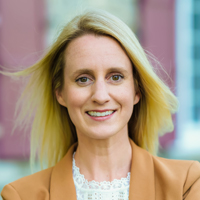
Alex Benzie
Project Manager
Bio
Alex is a community energy planning enthusiast with more than seven years of experience managing and delivering multi-stakeholder, multi-year initiatives. As QUEST’s Senior Lead, Research and Projects, Alex leads a number of research and engagement projects, such as the Accelerating Implementation of Renewable Energy Project and the Toward Planning Alignment in Ontario project. Prior to QUEST, Alex was a project manager at a solar PV developer where she led the regulatory and pre-construction development processes for a 10MW school rooftop PV portfolio (83 individual sites). She has a Master of Environmental Studies and a Bachelor of Science in Geological Sciences from Queen’s University.

Michael Lee
Research Manager
Bio
Michael is a community energy planning researcher who works across multiple sectors. He led the research of the Smart Energy Communities Benchmark framework, provided research support for QUEST’s Community Energy Planning: Getting to Implementation in Canada initiative, and helped to facilitate the Toward Planning Alignment in Ontario project between local energy planning stakeholders in Ontario. Michael holds a Master of Planning in Urban Development from Ryerson University, and a Bachelor of Science in Biology from McMaster University.
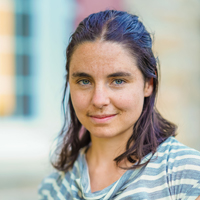
Samantha Peverill
Researcher
Bio
Samantha has facilitated a working group focused on existing building retrofits, and the Nova Scotia Municipal Energy Learning Group which supports municipalities engaged in community energy planning. She also managed the Atlantic Canada Energy Data Roadmap project and served as the Regional Climate Advisor for the Partners for Climate Protection Program in Nova Scotia and Newfoundland and Labrador. She holds a Masters of Science in Industrial Ecology from the Norwegian Institute of Science and Technology and a Bachelor of Commerce from McGill.

Richard Carlson
Advisor
Bio
Richard Carlson joined Pollution Probe in 2017 as Director of Energy Policy and Energy Exchange. He brings extensive energy policy and energy-literacy experience, most recently at the University of Toronto’s Mowat Centre. A recognized expert on energy policy and engagement, Richard has presented at numerous industry events. Media often invite him to provide commentary and context on energy stories. Beyond Canada, Richard has worked professionally and academically on energy development and policy in Europe, Central Asia, the Middle East, and East Asia. He also sits on the board of Transition Énergétique Québec, the Québec government’s energy transition agency.
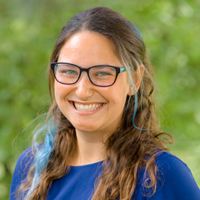
Emma Hill
Researcher
Bio
Emma has supported research, policy, and community engagement initiatives at Pollution Probe. Prior to her current role, she worked as an analyst in renewable energy development and in environmental communications. Emma holds a Master of Environmental Science degree from the University of Toronto, and a Bachelor of Science degree from Queen’s University.

About QUEST

About Pollution Probe
Advisors
A team of technical advisors kindly provided critical input into the scoring framework that underpins the Smart Energy Communities Benchmark tool. We thank them for their help.
Sheena Adams
Subhi Alsayed
Pat Bell
Navneet Budhia
Dr. Kirby Calvert
Kara Chan
Robin Goldstein
Anthony Hommik
Sara Mudge
David Photiadis
Kenneth Porter
Sarah Shenstone-Harris
Mark Robertson
Derek Satnik
Penny Slight
Dana Wong
Pilot Communities
The project team travelled from coast to coast to coast and met with municipal and utility staff in nine pilot communities across Canada. Their feedback was integral to the process of refining our methodology and identifying best practices. These communities are an inspiration to our project team because they exemplify our vision of Canada as a nation of Smart Energy Communities.
Andrew Duffield
Leon de Vreede
Alice Yu & Brit Samborsky
Chris Osborne & Amber Zirnhelt
Michelle Gairdner
Kecil Joseph
Jamie Skimming
Jenn Wong & Jacqueline Tung
Chris Vaughn & Mike Auge
Supporters
Thank you to our funders for making this project possible through their support.






